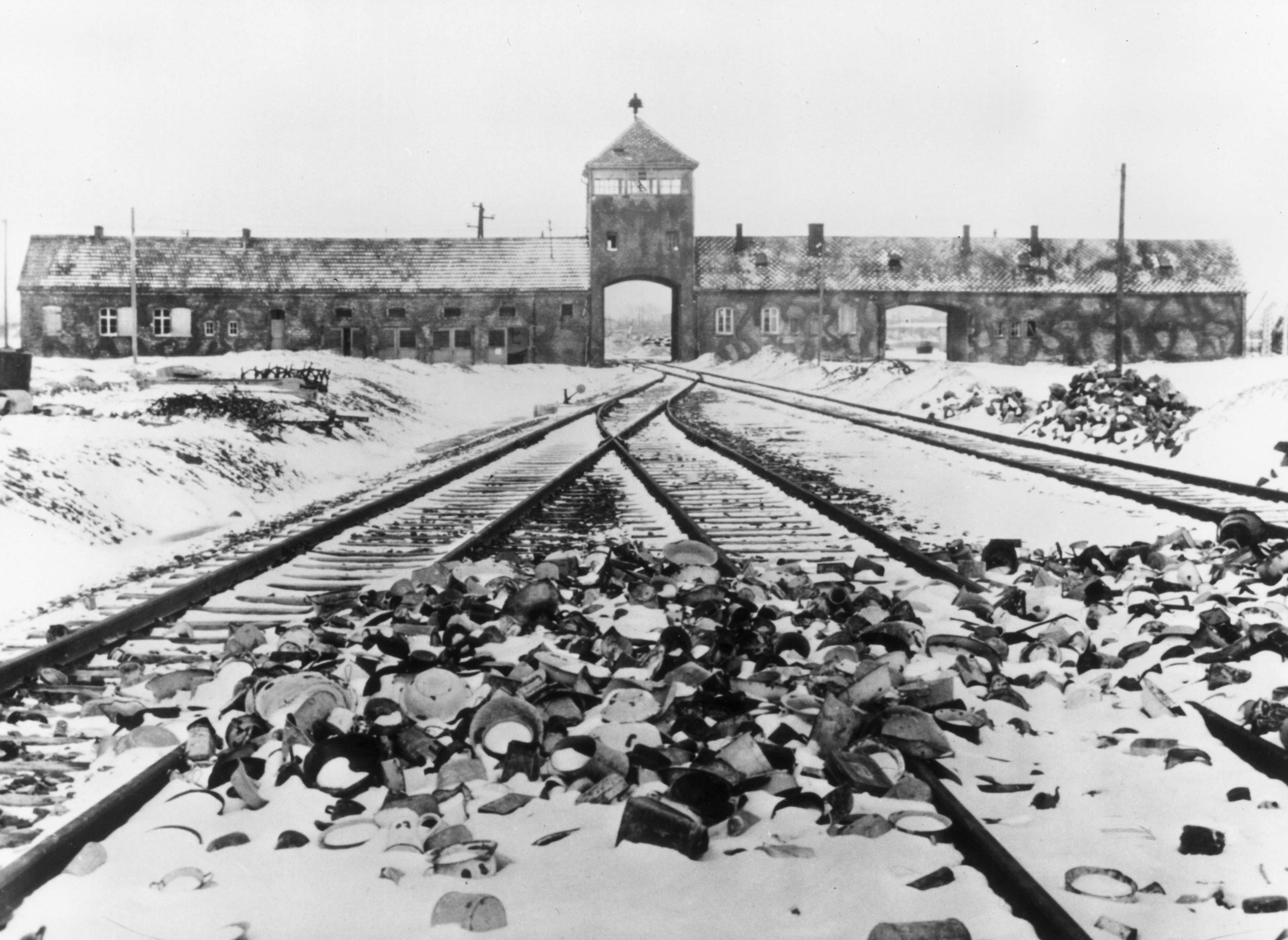A nationwide survey commissioned by Claims Conference, a nonprofit organization that secures compensation for Holocaust survivors, revealed disturbing findings this Wednesday.
The U.S. Millennial Holocaust Knowledge and Awareness Survey, the fifth in a series, was led by a task force of Holocaust survivors, historians, museum experts, and educational institutions including Yad Vashem, the United States Holocaust Memorial Museum, the Claims Conference, and George Washington University.
In 1,000 interviews conducted nationwide, with 200 interviews in each state, the survey found that “63 percent of all national survey respondents do not know that six million Jews were murdered and 36 percent thought that ‘two million or fewer Jews’ were killed during the Holocaust. Additionally, although there were more than 40,000 camps and ghettos in Europe during the Holocaust, 48 percent of national survey respondents cannot name a single one,” the survey found.
Even more worrisome is that of the adults polled, ages 18 to 39, 11 percent of millennials and Gen Zers incorrectly responded that they believed the Jews caused the Holocaust. In New York state that belief was nearly a staggering 20 percent.
Eleven million men, women, and children perished during the systematic, Nazi state-sponsored persecution and murder of Jews, Slavic peoples, Roma, people with disabilities, Soviet prisoners, homosexuals, and others deemed “inferior.” Of those 11, more than six million Jews perished during the Holocaust.
The disquieting state-by-state results highlight a growing disconnect between education and disinformation online, with a startling 49 percent reporting to have “seen Holocaust denial or distortion posts on social media or elsewhere online,” the survey noted.
“How much of that is based on genuine understanding of neo-Nazi principles and how much is based on ignorance is hard to tell. Either of them is very disturbing,” Gideon Taylor, president of the Claims Conference, told USA Today.
“If people can’t name Auschwitz … that’s something that’s deeply concerning. I don’t think there is any greater symbol of man’s depravity in recent history than Auschwitz,” he added.
The results come amid a rise in anti-Semitic rhetoric both in the United States and worldwide. In May of this year, the Anti-Defamation League reported the highest level of anti-Semitic activity ever recorded since tracking began in 1979.
In October of last year in Halle, Germany, a suspect live-streamed an attack on a synagogue, while the following month in Dresden, Germany, city officials declared a “Nazi emergency” in response to a surge in extremist activity.
Despite the troubling results, the survey also noted that those polled had a real desire to learn about the Holocaust. Eighty percent of all respondents believed that it was important to “continue teaching about the Holocaust, in part, so that it does not happen again,” the survey reported.
“On the one hand, you have this very worrying lack of knowledge, but on the other hand, you see this hunger to learn,” Taylor told USA Today.
The key, according to Claims Conference Holocaust task force leader Matthew Bronfman, is state-mandated education. “For the mandates to have a significant effect in classrooms there must be state funding to support the mandates. The Holocaust is a broad topic. Specialized teacher training and thoughtfully developed curriculum are needed for students to benefit.”





